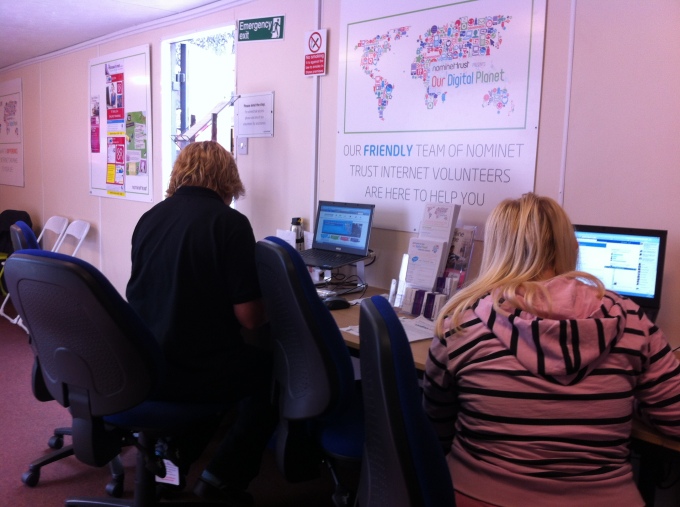I love mysociety – their TheyWorkForYou tools have made MP’s far more accountable than before. Now they want to apply this to local fovernment and are looking for unofficial transcribers:
One of the key differences between the UK’s national parliament and its local governments is that Parliament produces a written record of what gets said – Hansard.
This practice – which has no actual legal power – still has a huge impact on successful functioning of Parliament. MPs share their own quotes, they quote things back to one-another, journalists cite questions and answers, and every day TheyWorkForYou sends tens of thousands of email alerts to people who want to know who said what yesterday in Parliament. Without freely available transcripts of Parliamentary debates, it is likely that Parliament would not be anything like as prominent an institution in British public life.
No Local Hansards
Councils, of course, are too poor to have transcribers, and so don’t produce transcripts. Plus, nobody wants to know what’s going on anyway. Those are the twin beliefs that ensure that verbatim transcripts are an exceptional rarity in the local government world.
At mySociety we think the time has come to actively challenge these beliefs. We are going to be building a set of technologies whose aim is to start making the production of written transcripts of local government meetings a normal practice.
These people could be active citizens – hyperlocal bloggers, councillors (perhaps even council officers) or just someone looking for a warm seat of an evening?
They says it doesn’t have to be everything that is recorded. I agree with this principle that’s it better to be there doing something than hold back because you can’t do everything.
Hansard is the record of pretty much everything that gets said in Parliament. This has led to the idea that if you don’t record everything said in every session, your project is a failure. But if Wikipedia has taught us anything, it is that starting small – producing little nuggets of value from the first day – is the right way to get started on hairy, ambitious projects. We’re not looking for people willing to give up their lives to transcribe endlessly and for free – we’re looking for people for whom having a transcript is useful to them anyway, people willing to transcribe at least partly out of self interest. We’re looking for these initial enthusiasts to start building up transcripts that slowly shift the idea of what ‘normal’ conduct in local government is.
Unlike Wikipedia we’re not really talking about a single mega database with community rules. Our current plans are to let you set up a database which you would own – just as you own your blog on Blogger or WordPress, perhaps with collaborators. Maybe you just want to record each annual address of the Lord Mayor – that’s fine. We just want to build something that suits many different people’s needs, and which lifts the veil on so much hidden decision making in this country.
I love it and hope it will also work alongside openlylocal’s fabulous work on transparency in local government.


